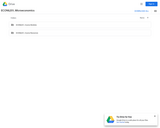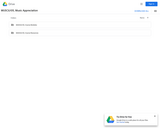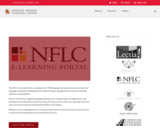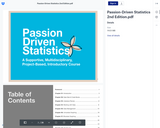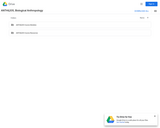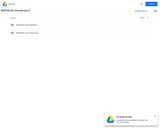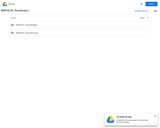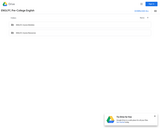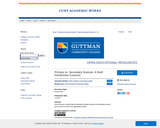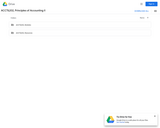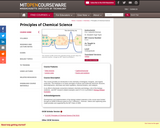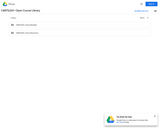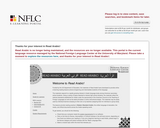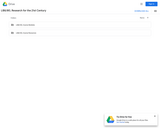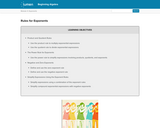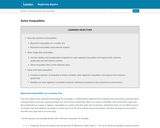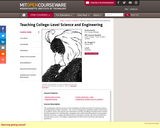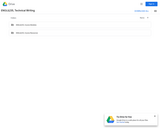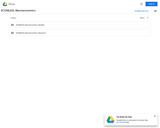
This course is a comprehensive introduction to the structure of the American economy as compared to other economic structures. Supply and demand, GDP, inflation, monetary policy, money and banking, taxation, economic growth, international exchange and comparisons of classical, Keynesian and monetarist economic philosophies are presented. It is required for business majors planning to transfer to 4-year business programs in the state of Washington.Login: guest_oclPassword: ocl
- Subject:
- Economics
- Social Science
- Material Type:
- Full Course
- Homework/Assignment
- Lecture Notes
- Lesson Plan
- Reading
- Syllabus
- Provider:
- Washington State Board for Community & Technical Colleges
- Provider Set:
- Open Course Library
- Date Added:
- 10/31/2011
